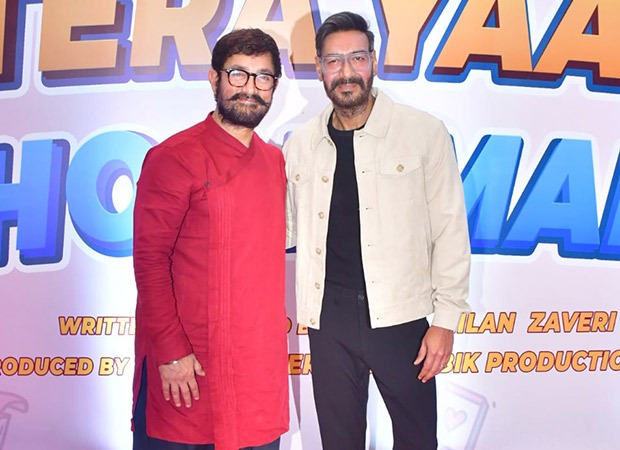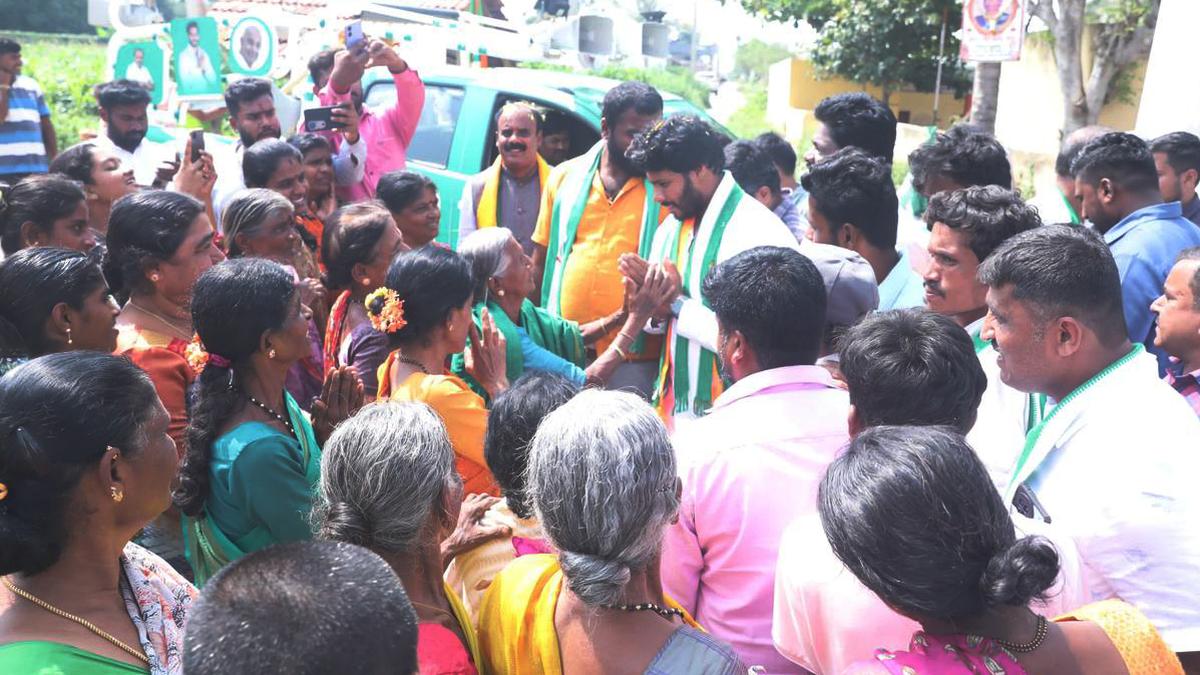VARANASI: A fast-track court in Varanasi directed the Archaeological Survey of India (ASI) on Thursday to submit by January 19 its survey report on the disputed Gyanvapi mosque complex and provide a copy of it beforehand to the Hindu plaintiff in the original Kashi Vishwanath-Gyanvapi title suit.
Civil judge (senior division) Prashant Kumar’s order came a day prior to the district judge’s court taking up ASI’s plea to postpone by four weeks the disclosure of the contents of its sealed survey report.
The district court is also to decide whether to provide copies of the report to the four plaintiffs who initiated the Shringar Gauri case, seeking the right to unhindered daily worship of Hindu deities in the Gyanvapi complex.
ASI’s plea states that in compliance with Allahabad high court’s December 19 order pertaining to the original 1991 suit – Lord Vishweshwar vs Anjuman Intezamia Masjid (AIM) – the survey report must first be presented to the fast-track court designated to hear the case from January 19.
The plea mentions the possibility of “rumours and misrepresentations in the public domain” if the survey report were to be revealed before complying with the high court’s order.
The 1991 suit had been contested as unmaintainable by UP Sunni Central Waqf Board and Gyanvapi mosque’s management committee, citing the Places of Worship Act. The high court dismissed all five petitions.
The suit involves the Hindu side – represented by plaintiff and lawyer Vijay Shankar Rastogi – laying claim to what it says is a portion of an ancient temple of Lord Vishweshwar, the “structure” (mosque) atop the cellars (taikhana), among other relics.
Government counsel Amit Srivastava, who is representing ASI, confirmed that the survey report has to be submitted to the original plaintiff on or before January 19. Plaintiff Rastogi said ASI was also required to survey plot numbers 1931 and 1932 of the Gyanvapi complex, besides the wuzu khana (ablution pond) and the area beneath the portion of the mosque’s central dome.
The district judge was to resume hearing ASI’s plea on Thursday, but a condolence meeting for a lawyer who died stalled proceedings for the day, government counsel Amit Srivastava said.
Civil judge (senior division) Prashant Kumar’s order came a day prior to the district judge’s court taking up ASI’s plea to postpone by four weeks the disclosure of the contents of its sealed survey report.
The district court is also to decide whether to provide copies of the report to the four plaintiffs who initiated the Shringar Gauri case, seeking the right to unhindered daily worship of Hindu deities in the Gyanvapi complex.
ASI’s plea states that in compliance with Allahabad high court’s December 19 order pertaining to the original 1991 suit – Lord Vishweshwar vs Anjuman Intezamia Masjid (AIM) – the survey report must first be presented to the fast-track court designated to hear the case from January 19.
The plea mentions the possibility of “rumours and misrepresentations in the public domain” if the survey report were to be revealed before complying with the high court’s order.
The 1991 suit had been contested as unmaintainable by UP Sunni Central Waqf Board and Gyanvapi mosque’s management committee, citing the Places of Worship Act. The high court dismissed all five petitions.
The suit involves the Hindu side – represented by plaintiff and lawyer Vijay Shankar Rastogi – laying claim to what it says is a portion of an ancient temple of Lord Vishweshwar, the “structure” (mosque) atop the cellars (taikhana), among other relics.
Government counsel Amit Srivastava, who is representing ASI, confirmed that the survey report has to be submitted to the original plaintiff on or before January 19. Plaintiff Rastogi said ASI was also required to survey plot numbers 1931 and 1932 of the Gyanvapi complex, besides the wuzu khana (ablution pond) and the area beneath the portion of the mosque’s central dome.
The district judge was to resume hearing ASI’s plea on Thursday, but a condolence meeting for a lawyer who died stalled proceedings for the day, government counsel Amit Srivastava said.






